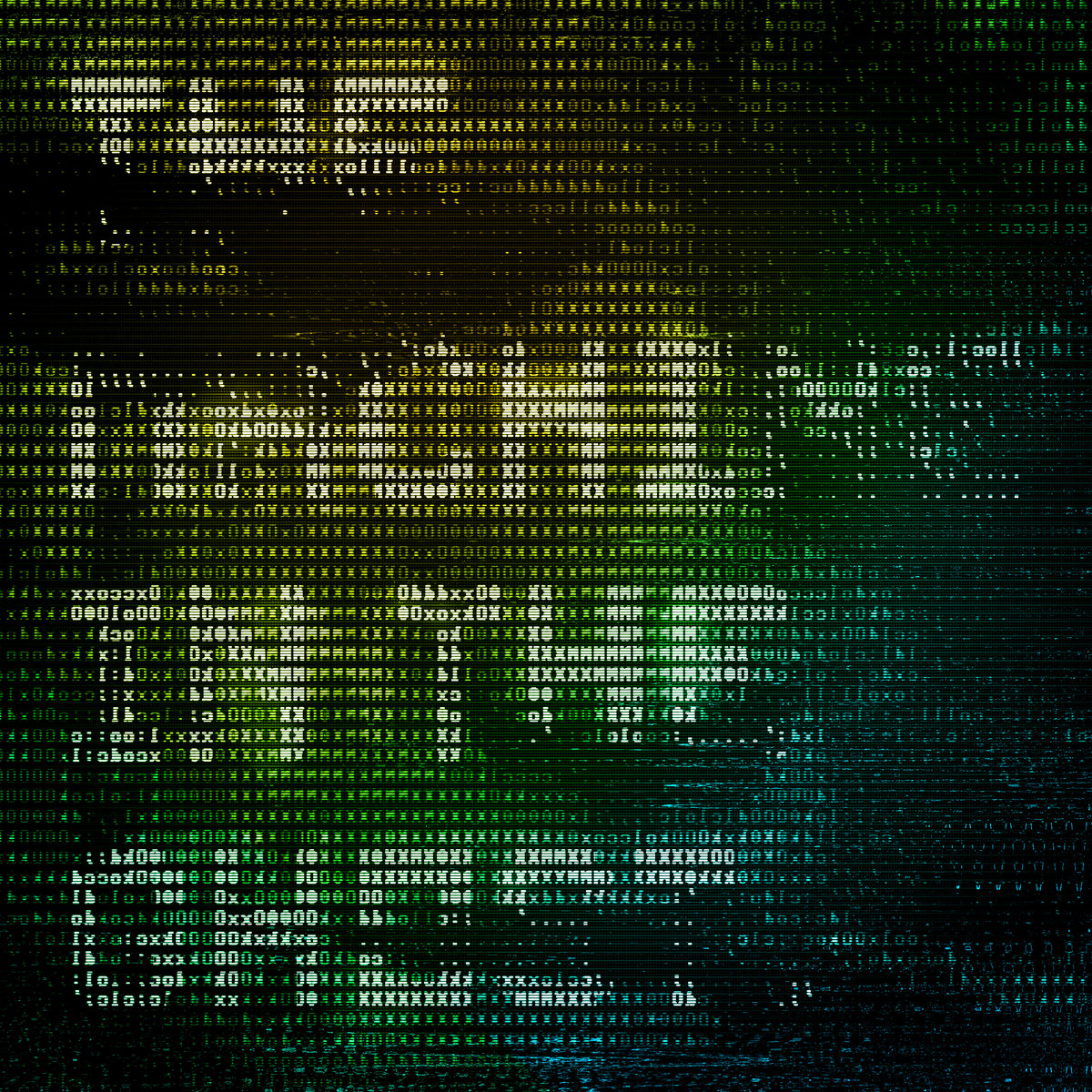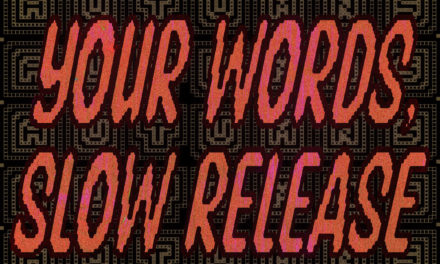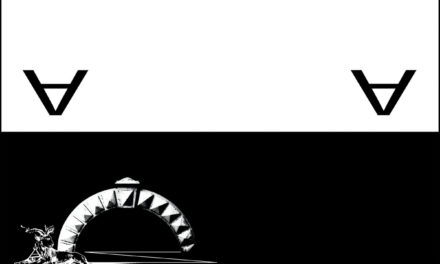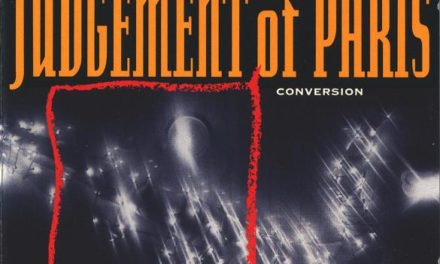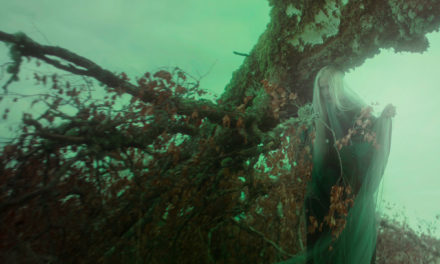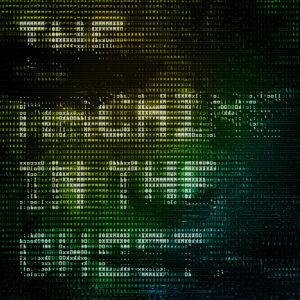
Haujobb
The Machine In The Ghost
Dependent
Every record by venerable German industrial duo Haujobb is a world unto itself; a self-contained assembly of atmospheres and structures that fit together in precise fashion. While each release can be listened to as a hermetic experience, one of the great pleasures of digging into a new record by Dejan Samardzic and Daniel Myer is tracing the path between each musical reincarnation. To wit; you don’t need to have spent a lot of time examining the last two Haujobb LPs (2011’s New World March and 2015’s Blendwerk) to enjoy the long awaited The Machine in the Ghost, but having done so reveals more dimensions in its design, and the specific way it articulates their vision of electro-industrial music.
With that in mind, the rubric by which the record is most easily understood is as a meeting of the band’s contemporary focus on analogue sounds, and the sleek, digital production of their late 90s and early 2000s output. A Möbius strip of sorts, it finds Samardzic and Myer taking the mechanical precision of their latter records, and feeding it back into the cybernetic worlds of their original run of LPs, with much of the album’s most intriguing ideas emerging directly from the ways in which those worlds do and don’t interface cleanly. The sound of a track like “Uselessness” illustrates the approach wonderfully: it starts as a slice of deconstructed electro where Myer’s vocals are orbited by a minimal arrangement of field-recorded clanks, hisses and analogue blips that eventually coalesce into a full-bodied chorus and melody, each shift between sections feeling like an image coming into focus before derezzing again. The appropriately titled “Opposition” stands in contrast to the latter song’s harmonious construction, with a claustrophobic assembly of detuned and atonal synths, its grainy pads in particular hearkening back the project’s previous focus on grimy, cyber-noir sounds. A guest vocal from Black Nail Cabaret’s Emese Arvai-Illes that might otherwise have felt smooth comes across as uneasy in this context, a stark contrast to the easier and lusher placement of similar vocals from Arvai-Illes on Architect’s phenomenal 2013 LP Mine. Both songs are vintage Haujobb and entirely new in ways that speak to a unified and intentional approach to creating (and subverting) the most basic musical binaries; minimalism taken to its most grandiose, melody reinvented through discord.
It’s that linking of motorik machinery and murky malaise which makes The Machine In The Ghost something of a spiritual follow-up to New World March (again, linked back to some of their most cyberpunk moments). Even when it seems to take a page from the icy kling-klang programming of Blendwerk, the directness of much of that record is skewed, bent, and refracted in myriad ways. Take the programming on “Under The Gun” – its spidery crawl is offset by a tumbling rumble of secondary, rubbery beats which belie the ostensible nimbleness of its lead. As with other moments on the record, it also finds Myer’s vocals in the sort of listlessly reflective croon which remains one of Haujobb’s defining characteristics. Similarly, “The Internation” adds extra suction and swampy weight lent to pinging machinery, like Kraftwerk playing at the bottom of a deep sea oil rig. In a different vein, the sparse “Singularity” somehow manages to find a connection between the downtempo moments on underrated masterpiece Polarity and both Myer’s voluminous dark techno work and Samardzic’s solo analogue body project DSX.
As we’ve said when writing about Haujobb in the past, there’s a special sauce, a je ne sais quois that not only differentiates the band from their ostensible peers (how many bands who got their start on Off Beat are still releasing worthwhile, let alone legitimately challenging and progressive records?) but also the various other projects Myer and Samardzic have a hand in. As a result, the only truly valid point of comparison for a Haujobb record is other Haujobb records, and The Machine In The Ghost indicates that there are new mutations, further abstractions, and deeper frequencies to explore. Recommended.

